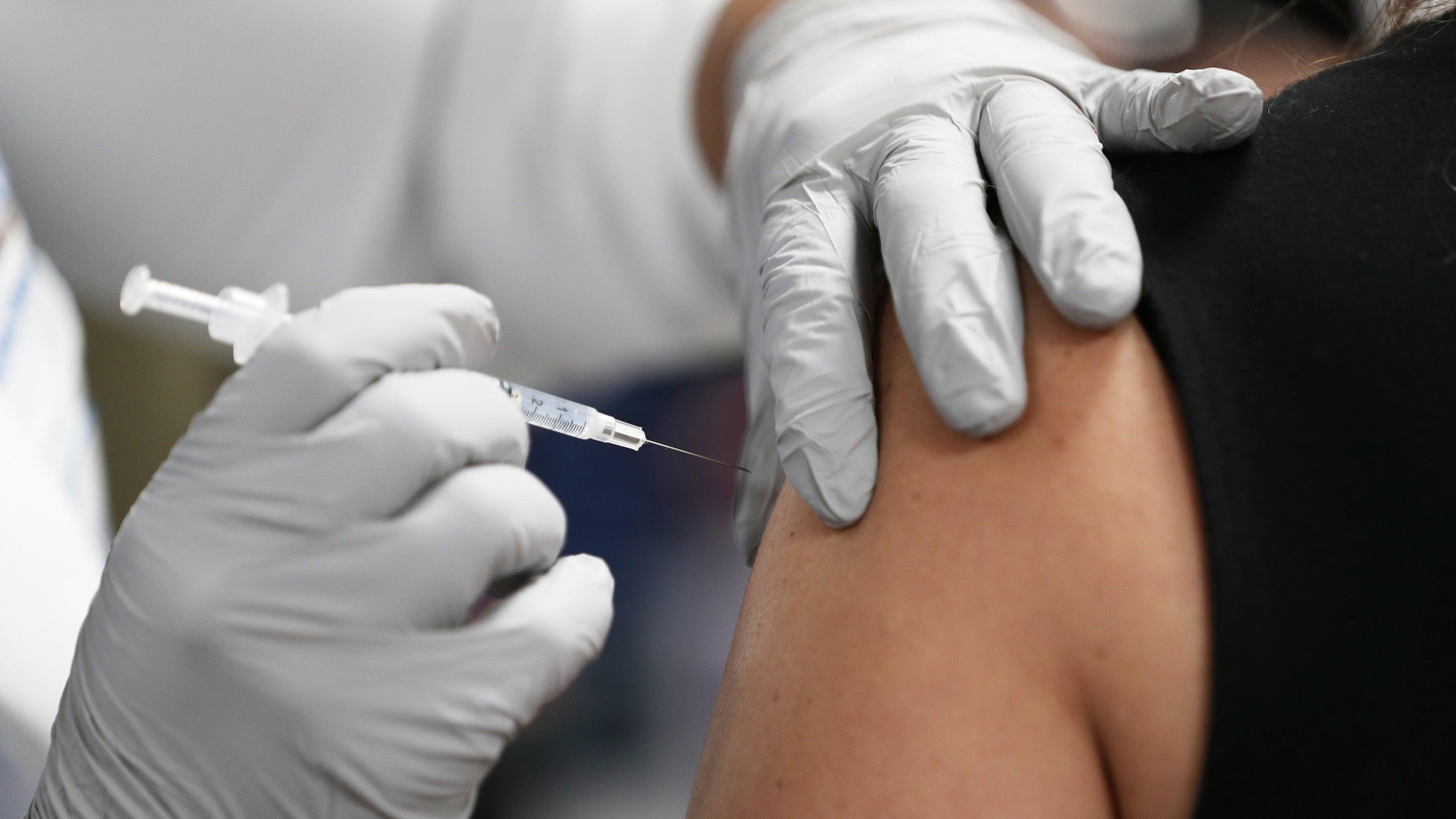New Study Links COVID-19 Vaccination Status To Increased Risk Of Car Crashes
Turns out, if you skipped out on getting the COVID-19 vaccines, your risk of getting into a serious car crash goes up 72 percent.
Science has a way of presenting actual facts and connecting dots you likely didn't see ever connecting. For instance, who would have thought to find a link between the people who decided to pass on getting vaccinated against COVID-19 and traffic accidents? A recent study published in The American Journal of Medicine shares the science behind such a link that actually exists.
In the study, Canadian researchers examined over 11 million COVID-19 vaccination records, of individuals over the age of 18, who would be licensed, from different social, economic and health backgrounds. Of those 11 million, 16 percent (1,760,000) were not vaccinated. Researchers then looked into records and identified unvaccinated individuals who might have diseases linked to traffic risks like dementia, diabetes, sleep apnea and alcohol abuse — and then looked into the traffic accident side of things. Those situations included incidents that sent patients to the emergency room, time and day, ambulance involvement and a "triage severity score."
With all those parameters considered, researchers were able to identify that individuals who hadn't gotten a COVID-19 vaccine were at a greater risk of traffic accidents. But it wasn't because of the vaccine. The link actually comes down to risks associated with decision making—in relation to decisions concerning getting vaccinated, and also to obey (or not obey) traffic laws.
Of course, this isn't saying that if you didn't get a shot you're going to get into or cause a traffic incident. The correlation doesn't work that way. However, researchers concluded if an individual was hesitant or unwilling to "protect themselves" with the vaccine, these same people would be more likely to have no regard for traffic laws. And the data is there to back it up.
Of the unvaccinated, 72 percent were more likely to be involved in a severe car accident. These numbers look worse when the study pointed out that the percentage was " similar to the relative risk associated with sleep apnea" but still not as bad as those who abused alcohol. But the risk is still there, so much so that the study said that the risk "exceeds the safety gains from modern automobile engineering advances and also imposes risks on other road users."
One thing the study did admit was that "correlation does not mean causality." The study didn't try to touch on whether or not there was a link between not getting the vaccine and driving recklessly. But the authors of the study did speculate.
One possibility relates to a distrust of government or belief in freedom that contributes to both vaccination preferences and increased traffic risks. A different explanation might be misconceptions of everyday risks, faith in natural protection, antipathy toward regulation, chronic poverty, exposure to misinformation, insufficient resources, or other personal beliefs. Alternative factors could include political identity, negative past experiences, limited health literacy, or social networks that lead to misgivings around public health guidelines. These subjective unknowns remain topics for more research."
If you want to know more you can read more about the study and its results here.
